Increased thirst, strong thirst, increased thirst or Polydipsia are mostly symptomatic terms in a medical context that can indicate an illness. Strong thirst is particularly important in the case of metabolic diseases. A general definition of thirst can be found here: What is thirst ?.
What is strong thirst?

First of all, thirst is a normal and healthy desire to drink water. Since the human body needs water or liquid for the normal functioning of the metabolism and other vital processes, the feeling of thirst is a condition that is important for survival.
An adult usually needs 3 liters for daily needs. Depending on the physical activity or the environment (e.g. desert vs. Arctic), the need can be higher or lower. Likewise, thirst can be dependent on minerals, such as salts, that are ingested directly or through food. If the salt content is higher than required, the thirst also increases. This balance of salts and liquids is also called osmotic pressure or osmosis.
causes
More normal and harmless causes of increased thirst are sweating, physical activity and the ambient temperature. Increased thirst can also occur with fever, diarrhea, vomiting, burns and blood loss, as this usually resulted in a loss of fluid.
However, greatly increased thirst is often also due to metabolic diseases such as diabetes mellitus (diabetes) or hormonal disorders. Likewise, diseases related to the thyroid gland and kidneys can also result in increased thirst. Psychological causes are also sometimes the basis for a strong feeling of thirst. Frequent urination is often associated with increased thirst.
Polydipsia, or pathologically increased thirst, is caused by various metabolic disorders. These include above all diabetes mellitus (diabetes) and diabetes insipidus, in which there is a deficiency in a certain hormone. Often, even after heavy alcohol consumption, a strong feeling of thirst arises, which is also known colloquially as "fire".
Diseases with this symptom
- combustion
- Hyperthyroidism
- Cushing Syndrome
- Alcohol intoxication
- Irritable bowel syndrome
- Hypercalcemia
- Diabetes mellitus
- Water clock
- Hyperparathyroidism
Diagnosis & course
Every unusual, persistent feeling of thirst that cannot be traced back to excessive fluid loss requires a rapid diagnosis of its cause.
A detailed conversation with the patient about the duration and intensity of the thirst as well as nutritional behavior and possible previous illnesses often allows the doctor to draw initial conclusions about triggering factors. Exact laboratory tests of blood and urine crystallize the most common diseases behind this symptom, such as a disturbed mineral balance or diabetes.
A strong feeling of thirst that has not been treated causes severe headaches and high blood pressure after just a few hours, after which the person concerned suffers a circulatory collapse and clear signs of dehydration. After two to three days there is a risk of unconsciousness and death.
Complications
An increased thirst does not necessarily indicate a medical complication and can also occur in hot weather or after strenuous sporting activity. In these cases, treatment by the doctor is necessary and the thirst will go away once the patient has consumed enough fluids. However, if the increased thirst occurs over the long term and does not go away with enough fluid intake, it indicates another disease and must definitely be treated.
As a rule, the increased thirst occurs especially with diabetes. In these cases, the doctor can quickly and easily perform a test to identify the disease. If the increased thirst occurs due to diabetes, it can be brought under control with a regulated blood sugar level. A change in diet can also be helpful and support the body. Surgical treatment is usually not provided.
It can also be a kidney disorder. A visit to a doctor is also necessary here. The increased thirst usually leads to dehydration of the skin and lips, which can be harmful to the skin, especially in winter. Early treatment is important to avoid consequential damage.
When should you go to the doctor?
In most cases, increased thirst can be relieved independently by drinking enough. If the thirst persists despite everything, a doctor should clarify the cause. This is especially true if the increased thirst lasts for several days or weeks, is accompanied by accompanying symptoms or has a generally negative effect on the physical and mental condition.
Severe thirst associated with weight loss or increased urination always requires a medical examination. The symptoms may be due to a serious illness such as type 2 diabetes mellitus, which must be clarified quickly and, if necessary, treated. Often a new medication or a change in lifestyle is also responsible for the increased thirst.
A doctor should be consulted if the feeling of thirst is not due to a specific cause (physical activity, alcohol consumption, diarrhea, etc.) and has a negative effect on general well-being. Children and adolescents who complain of increased thirst should see a doctor immediately. This is especially true when the feeling of thirst increases rapidly and is associated with symptoms such as exhaustion, dizziness and poor concentration.
Doctors & therapists in your area
Treatment & Therapy
If the increased thirst is not due to any normal cause, such as sweating, a doctor should be consulted. Often a disease such as diabetes mellitus (diabetes) or diabetes insipidus (urinary urgency) is present and should be treated. The doctor will conduct an intensive questionnaire on increased thirst and urination. He will then initiate an extensive physical exam.
This includes a blood test and a laboratory test of urine. During the blood test, the hormonal balance is also checked for abnormalities. Once the cause of the increased thirst is finally established, individual therapy or treatment can begin. As already noted, the underlying disease should first be treated, if present.
In the case of diabetes mellitus, efforts should be made to normalize blood sugar levels again. With diabetes insipidus it is necessary to regulate the electrolyte balance to normal values. If this is successful, the increased feeling of thirst will return to a healthy level.
Outlook & forecast
Increased thirst is a natural signal from the body to drink more. However, it can also be the first signs of diabetes mellitus. Therefore, in order to make a prognosis, it is important to identify the underlying causes of the increased feeling of thirst.
Excessive thirst can indicate insufficient fluid intake or greater fluid loss. The person concerned can counteract both of these through appropriate drinking behavior. Elderly people can put the daily amount they need to drink within sight. Your feeling of thirst disappears or is deliberately ignored. Children are generally more thirsty. You should be offered plenty of fluids. For both, the prognosis is good if the amount of fluid is sufficient.
However, the daily amount of fluids must be increased if diarrheal diseases occur. The loss of fluid and electrolytes should be compensated for in a timely manner. Depending on the duration of the diarrheal illness, the prognosis of increased thirst is good. However, if the consequences of a food intolerance or food allergy are involved, this should be investigated.
Increased thirst can be a symptom of diabetes. Under medical supervision and with adequate treatment, the prognosis can be good. However, the underlying condition worsens over time. In the case of kidney disease requiring dialysis, increased thirst is normal due to the inevitably reduced drinking quantity. Here the prognosis is worse due to the underlying disease.
You can do that yourself
Various measures and home remedies can help with increased thirst. First of all, it makes sense to quench the feeling of thirst through regular and, above all, sufficient fluid intake. In addition to mineral water and juice, proven thirst quenchers are also tea with mint or fennel, sorrel tea and unsweetened lemon juice. Tea made from fresh raisins is also an important source of nutrients and a good remedy for thirst.
Increased thirst during pregnancy can also be relieved by raspberry leaf tea and healthy fruit juices made from bananas, oranges and apricots. The drinks mentioned can be seasoned with cinnamon or ginger, among other things. Both plants lower blood pressure and naturally relieve thirst. Otherwise, regular exercise and, above all, exercise helps. Those who sweat a lot automatically regulate their thirst and should quickly notice an improvement in their symptoms.
However, if the increased thirst persists, there may be an illness. Then a visit to the doctor is recommended to clarify the causes and to avoid impending dehydration. In addition, a complaint diary can be created in which the occurrence and intensity of the thirsty feelings are recorded.



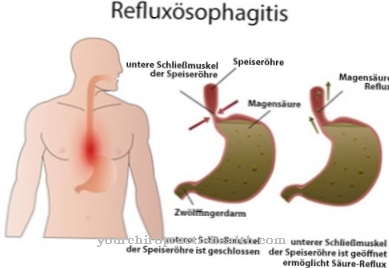
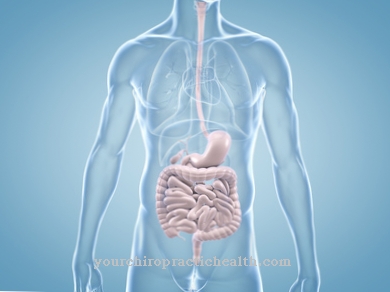
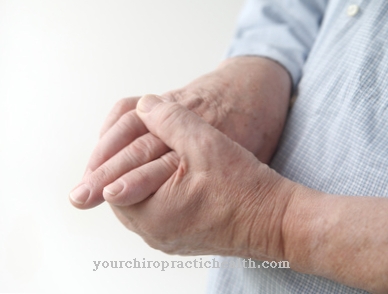









.jpg)



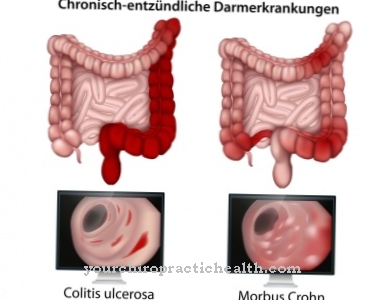
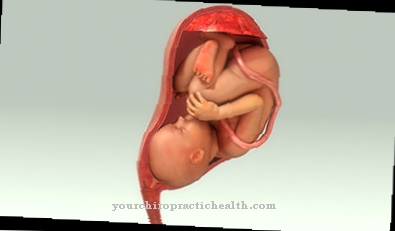

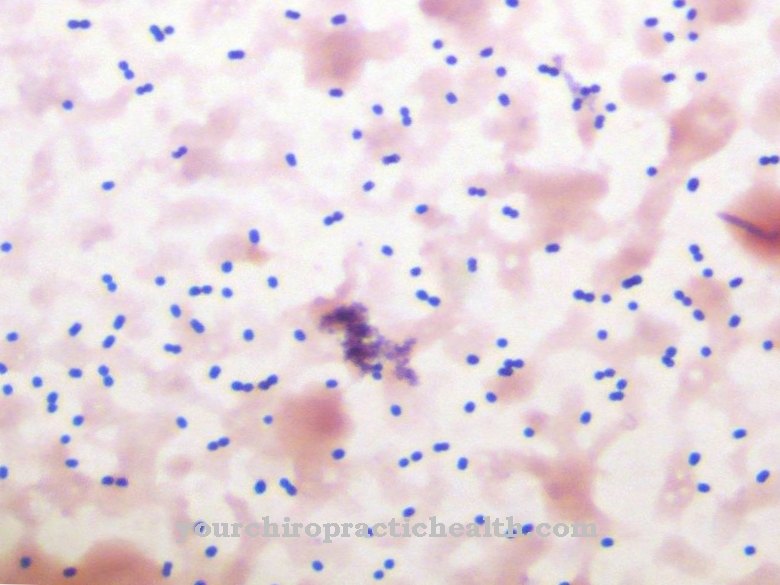
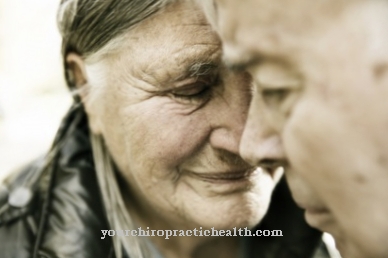

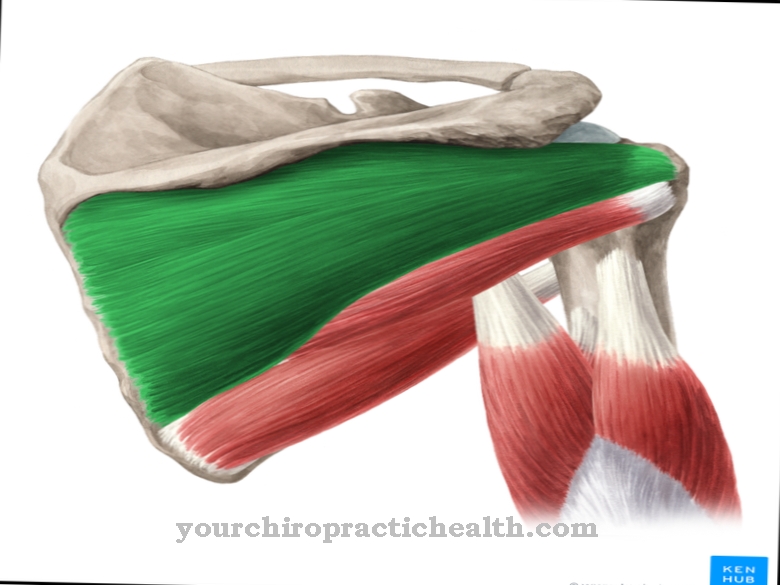
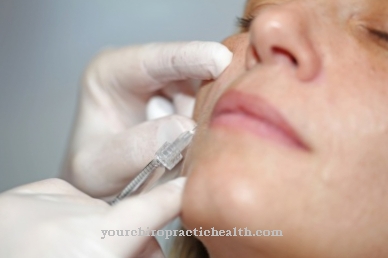

.jpg)